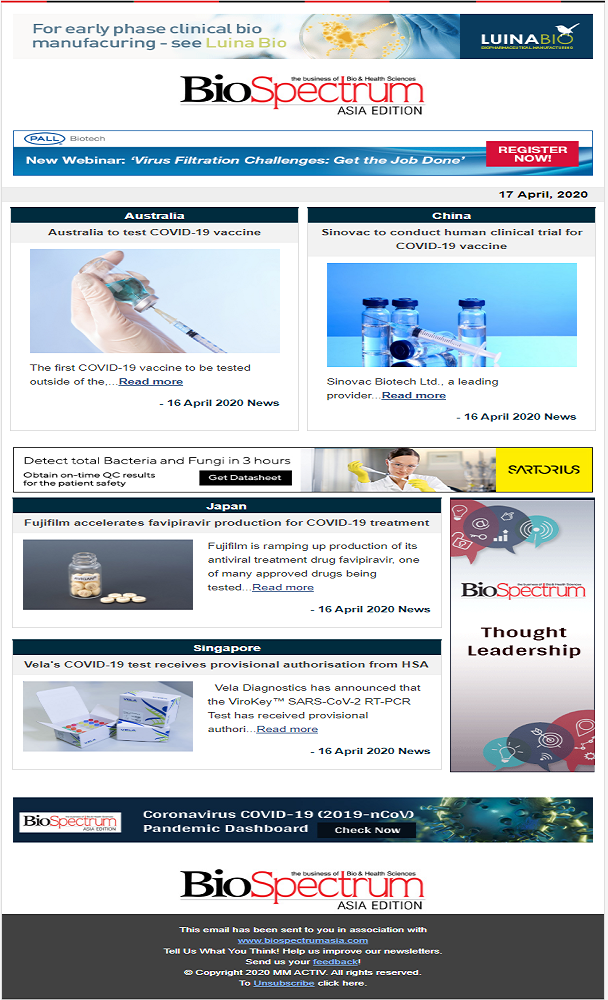Scientists at the Yong Loo Lin School of Medicine, National University of Singapore (NUS Medicine) have developed a ground-breaking technique to deliver therapeutic molecules directly to the brain, bypassing the blood-brain barrier.
This novel approach utilises a naturally occurring nasal bacterium, Lactobacillus plantarum (Lp), which was genetically engineered to produce therapeutic compounds and release them through a specific nose-to-brain pathway.
The blood-brain barrier (BBB) plays a crucial role in protecting the brain from harmful substances but also poses significant challenges to delivering medications for neurological conditions. Existing drug delivery methods often struggle with limited efficiency and require invasive procedures. To address these challenges, the team identified a strain of Lp with a natural affinity for the olfactory mucosa, a specialised tissue located in the upper part of the nasal cavity responsible for the sense of smell. This tissue also provides a direct pathway to the central nervous system, enabling targeted intranasal drug delivery.
The next phase of research will focus on optimising dosing regimens and conducting human clinical trials to confirm the efficacy and safety of the approach. Researchers will also investigate additional therapeutic applications, particularly in the treatment of neurodegenerative diseases such as Parkinson’s and Alzheimer’s.
Professor Matthew Chang, Director of the Synthetic Biology Translational Research Programme, NUS Medicine and SynCTI, added, “Our research highlights the potential of nasal bacteria as non-invasive vehicles for brain drug delivery, and also underscores the importance of further exploring the relationship between the olfactory microbiome and brain health. By utilising bacteria with natural affinities for key areas in the nasal cavity, we may unlock new strategies for managing neurological disorders.”




